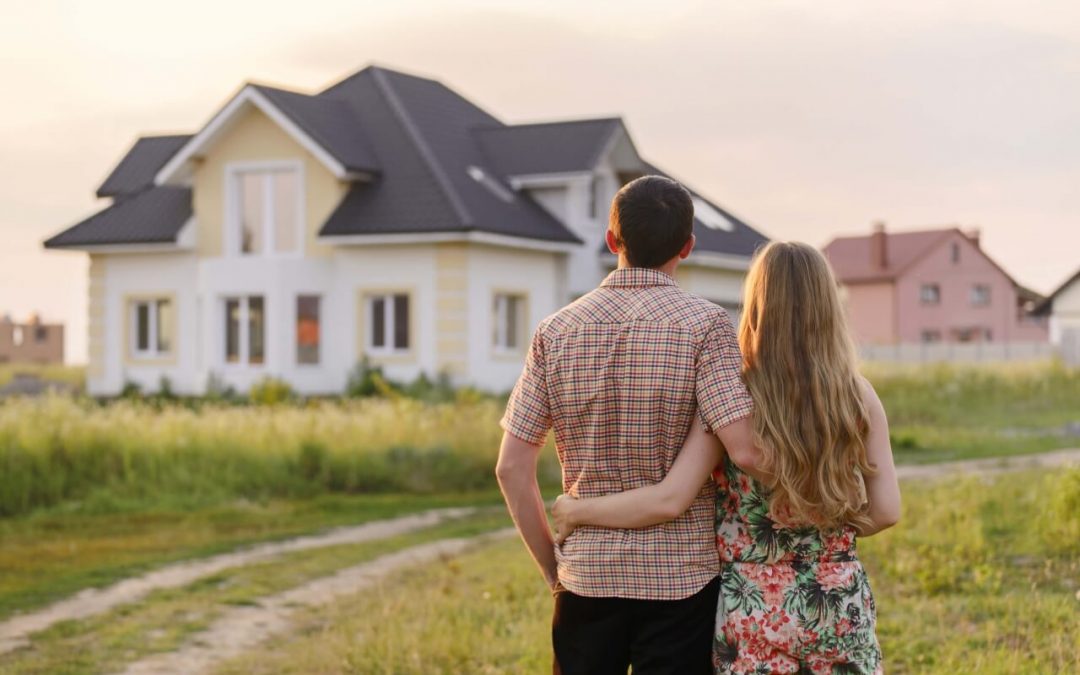The Advantages of Buying an Older Home
An Older Home May Be Less Expensive
Because fewer people are interested in purchasing older homes, a homeowner is more flexible when selling their property and may list it for less than newer homes. This is good news for a potential buyer, especially if you are on a tight budget. Choosing an older home over a newer one can sometimes get you into a neighborhood that’s otherwise out of reach financially.
Lower Tax Rates
Tax assessment is primarily based on a home’s market value, so a house with a lower market value will have lower property taxes. In most cases, tax assessors assign more value to up-to-date features, such as new siding and expensive countertops and fixtures. If a home is older and lacks newer components, your property taxes are likely to be lower.
Older Homes Have More Character
When touring older homes, you will see features that are not present in newer builds. You might see transom windows, a real stone fireplace, arched doorways, and antique light fixtures. If you’re looking for a unique home with character, an older home may be for you.
Buying an Older Home May Include More Land
When looking for a home, one thing buyers consider is the square footage of the house and the size of the lot. Older homes often have more acreage. If you’re hoping to have land for gardening or as a place for kids to play, you’re more likely to find this with an older property.
It’s common to come across smaller homes on sizable lots. Unlike modern homes with larger spaces, many older homes have smaller bedrooms and closets and frequently have less square footage.
The Downsides of Buying an Older Home
Higher Maintenance Costs
Due to their age, older homes will have more wear and tear. You may notice problems that need to be repaired right away. During the home inspection, your inspector is likely to point out more issues than what’s typically found in a newer home. The inspection report will give you accurate information about things that need to be repaired or replaced. If you’re interested in an older home, make sure you have a budget for updates and repairs.
Insurance Costs
The cost of insuring an older home is usually higher than that of a new home. Insurance companies know that older homes pose more risks than modern homes. Aged properties often have outdated plumbing and electrical systems. The foundation is older and may have experienced damage or deterioration.
Poor Energy-Efficiency
New homes are built following the latest efficiency standards. Older homes may be lacking in insulation and weren’t generally designed with energy efficiency in mind. Older appliances cost more to operate than newer models.
The home you’re interested in may have windows that are a single pane of glass. These are considerably less efficient than newer double-pane windows. There are several ways to improve the energy efficiency of an older home, however, many upgrades are costly and some require major renovations.
If you have set your sights on buying an older home, look into the necessary maintenance and upkeep for the property. Discuss your concerns with your real estate agent and home inspector to make a well-informed decision.
Battle Born Inspections provides inspections to customers in the northern Nevada area. Contact us to schedule our services.

